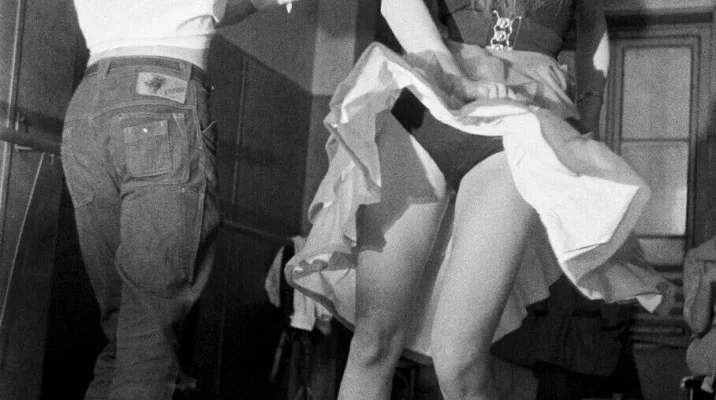Brigitte Bardot, born on September 28, 1934, in Paris, France, rose from ballet beginnings to become one of the most recognizable faces of the 20th century. Her entrée into the arts began with dance, studying at the prestigious Conservatoire de Paris, but it was a film that catapulted her to international stardom.

Bardot’s breakout role came in 1956 with “And God Created Woman,” directed by her then-husband Roger Vadim. The film not only challenged societal norms with its bold sexuality but also marked a seismic shift in the portrayal of women on screen. Bardot’s sensuality, paired with a distinct unapologetic freedom, defined her as the epitome of French glamour and a leading figure in the cultural phenomenon known as “Bardot-mania.”

Throughout her career, Bardot starred in more than 40 films, including notable works like “Contempt” (1963), directed by Jean-Luc Godard, and “Viva Maria!” (1965) alongside Jeanne Moreau. Despite her apparent ease in front of the camera, Bardot’s off-screen life was marked by intense media scrutiny and personal strife, contributing to her decision to retire from the film industry in 1973, at the age of 39.

Post-retirement, Bardot redirected her formidable energy toward animal rights advocacy. Disturbed by the treatment of animals she witnessed, Bardot established the Brigitte Bardot Foundation for the Welfare and Protection of Animals in 1986.

Her advocacy efforts have spanned from campaigning against the fur trade to fighting for the rights of slaughtered livestock, making her voice as influential in animal rights as it was in cinema.






















